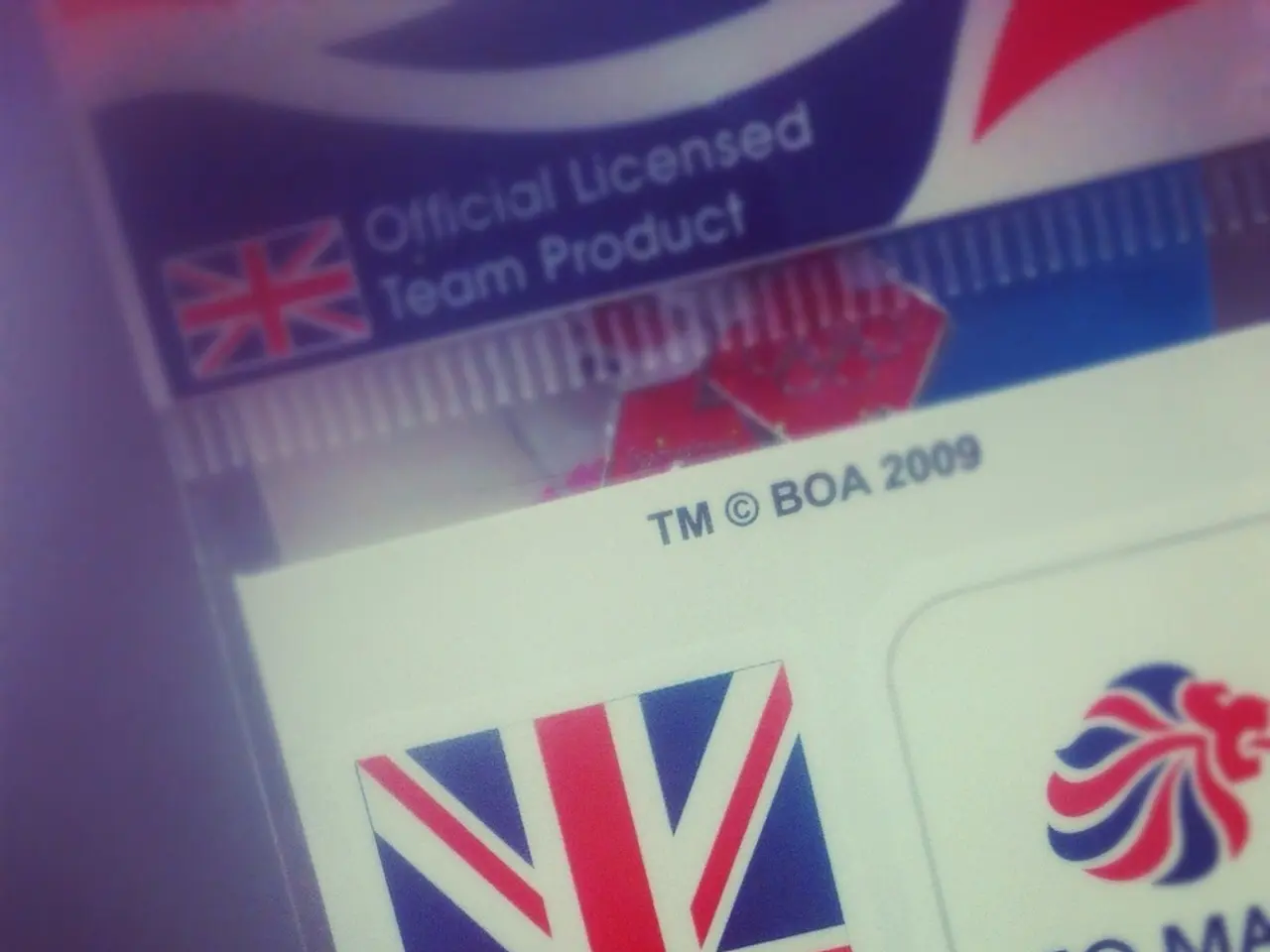EU's Digital Enforcer Role Challenged: Independent Authority Proposed
The European Commission's role as a digital enforcer faces challenges, with recent reversals and potential vulnerabilities to trade pressure. Discussions are ongoing about creating an independent digital authority to strengthen oversight and protect against regulatory capture.
In 2012, the Commission reversed a decision regarding emissions trading, bowing to trade threats. Currently, the risks of politicisation in digital enforcement outweigh potential downsides of stripping the Commission of its powers. An independent body could bolster the EU's stance against the US. However, protectionism does not boost competitiveness, and designing regulatory agencies is complex.
The Commission's assessments of tech giants' compliance with DMA and DSA rules could be swayed by trade pressure. An independent digital authority would be more credible and less vulnerable to capture. The Commission's evolution into a political entity has diminished its effectiveness as a market watchdog. Independent European agencies can be established without treaty amendments, following the Meroni doctrine.
The Commission's digital enforcement role is under scrutiny due to past reversals and potential vulnerabilities to trade pressure. Establishing an independent digital authority is discussed as a means to strengthen oversight, protect against regulatory capture, and bolster the EU's stance in global tech regulation.
Read also:
- User Data Analysis on Epic Games Store
- EU Facing Escalating Cyber Threats, Public Administration Most Targeted
- Rachel Reeves conducts a discussion with Scott Bessent and financial executives, focusing on investment matters
- Hyundai accelerates production plans: Introducing 7 new N models, aiming for a sales figure of 100,000 units by 2030.







